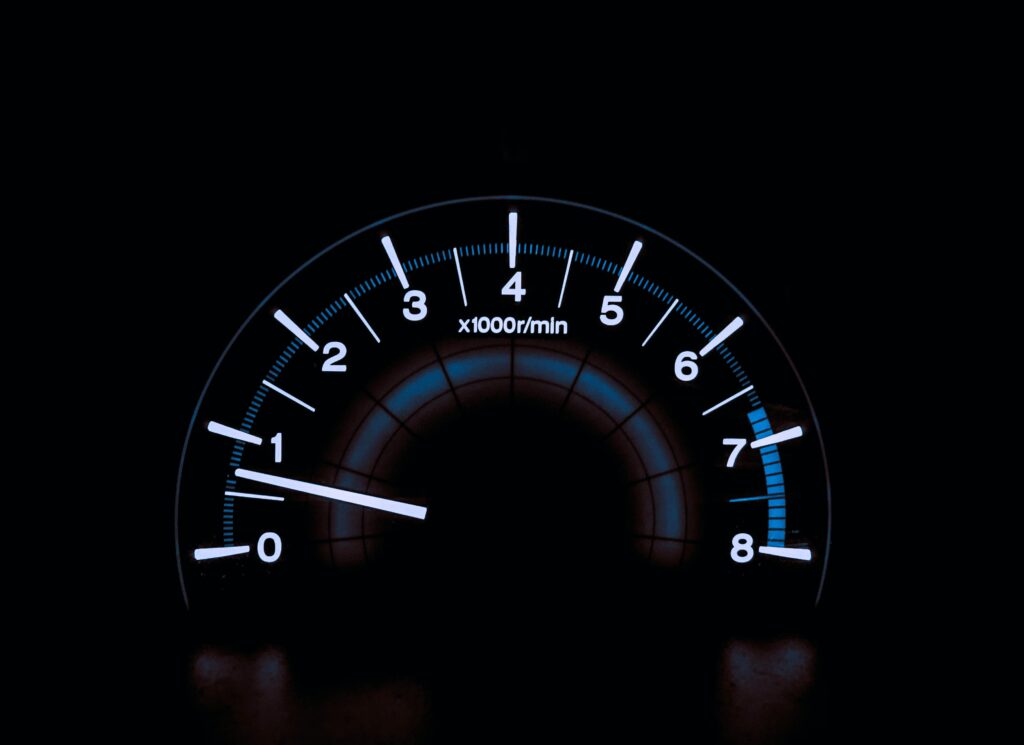In this article, you will learn some helpful tips on how to minimize the chances of experiencing exhaust system problems. We will discuss proper maintenance and care techniques that can prolong the life of your exhaust system and prevent potential issues. By following these suggestions, you can save yourself from costly repairs and ensure that your vehicle runs smoothly. So, let’s get started! Regular maintenance is key to preventing exhaust system problems. By following a few simple practices, you can significantly reduce the chances of experiencing issues with your vehicle’s exhaust system. In this article, we will discuss some important tips and habits to adopt in order to keep your exhaust system in top condition.
Regular Maintenance
Schedule regular inspections
Regular inspections are crucial for identifying any potential issues with your exhaust system. It is recommended to have your vehicle inspected by a qualified mechanic at least once a year, or more frequently if you notice any abnormalities such as strange noises or strong odors. These inspections will help catch problems early on, preventing them from escalating into costly repairs.
Replace worn-out parts
Over time, certain parts of the exhaust system may wear out or become damaged. It is important to replace these worn-out parts promptly to avoid further damage to the system. Common parts that may need replacement include the muffler, catalytic converter, oxygen sensors, and exhaust pipes. Regular inspections will help identify when these parts need to be replaced.
Keep the exhaust system clean
Regular cleaning of the exhaust system can help prevent the buildup of dirt and debris. This can be done by using specialized exhaust system cleaners that are designed to remove carbon deposits and other contaminants. It is also important to keep the area surrounding the exhaust system clean to prevent the accumulation of dirt and debris.
Proper Driving Habits
Avoid excessive speeding
Excessive speeding puts unnecessary strain on the engine and can increase the chances of exhaust system problems. By driving within the speed limit, you can reduce the wear and tear on your engine and exhaust system, leading to a longer lifespan for both.
Drive smoothly and avoid abrupt stops
Aggressive driving habits such as sudden acceleration and abrupt stops can put stress on the exhaust system. By driving smoothly and gradually accelerating and decelerating, you can minimize the stress on the system and reduce the chances of encountering issues.
Try to avoid potholes and rough terrains
Driving over potholes and rough terrains can cause damage to the exhaust system. It is best to avoid these obstacles whenever possible and drive on well-maintained roads. If it is not avoidable, try to drive slowly and cautiously to minimize the impact on the system.

Using High-Quality Fuel
Choose reputable gas stations
Using high-quality fuel is essential for maintaining the health of your exhaust system. It is important to choose reputable gas stations that sell fuel that meets the required standards and is free of contaminants. Using fuel from unreliable sources can result in poor combustion and an increased risk of exhaust system problems.
Use high-quality fuel
Using high-quality fuel, such as those with a higher octane rating, can help improve the performance of your engine and reduce the chances of exhaust system problems. High-quality fuel contains fewer impurities and provides better combustion, resulting in less strain on the exhaust system.
Avoid using diesel in gasoline engines and vice versa
Using the wrong type of fuel can cause serious damage to the engine and exhaust system. It is important to ensure that you are using the correct fuel for your vehicle. Diesel fuel should only be used in diesel engines, while gasoline should only be used in gasoline engines. Using the wrong type of fuel can lead to engine misfires, decreased performance, and potential damage to the exhaust system.
Proper Cooling System Maintenance
Monitor coolant levels
Proper maintenance of the cooling system is essential for preventing overheating, which can damage the exhaust system. Regularly check the coolant levels in your vehicle and ensure that they are within the recommended range. Low coolant levels can lead to overheating and subsequent damage to the exhaust system.
Flush and replace coolant regularly
Over time, coolant can become contaminated and lose its effectiveness. It is recommended to flush and replace the coolant in your vehicle according to the manufacturer’s recommendations. This will help maintain the proper functioning of the cooling system and reduce the chances of exhaust system problems.
Address any cooling system issues promptly
If you notice any issues with the cooling system, such as leaks or overheating, it is important to address them promptly. Ignoring these issues can lead to further damage to the exhaust system and other components of the vehicle. Consult with a qualified mechanic to diagnose and fix any cooling system problems.

Avoid Excessive Engine Idling
Turn off the engine if idle for too long
Excessive engine idling puts unnecessary strain on the exhaust system and wastes fuel. If you anticipate being idle for an extended period of time, it is best to turn off the engine. This will help reduce wear and tear on the system and conserve fuel.
Avoid prolonged idling in traffic
In heavy traffic, it may be unavoidable to idle for short periods of time. However, try to minimize the amount of time spent idling by turning off the engine whenever possible. This will help reduce the chances of encountering exhaust system problems due to excessive idling.
Use remote starters sparingly
Remote starters are a convenient feature, but excessive use can lead to unnecessary engine idling. It is best to use remote starters sparingly and only when necessary to avoid putting unnecessary strain on the exhaust system.
Avoid Overloading
Do not exceed the maximum weight limit
Exceeding the maximum weight limit recommended by the manufacturer can put excessive strain on the exhaust system, among other components of the vehicle. It is important to adhere to the weight limits to prevent damage to the exhaust system and ensure safe operation of the vehicle.
Do not tow heavy loads without the necessary equipment
If you need to tow heavy loads, make sure you have the appropriate equipment, such as a tow hitch or trailer, to safely distribute the weight. Towing heavy loads without the proper equipment can cause the exhaust system to overheat and potentially fail.
Distribute the weight evenly
When loading your vehicle, it is important to distribute the weight evenly to avoid placing too much strain on one side of the vehicle. Uneven weight distribution can lead to imbalances in the exhaust system and increase the likelihood of encountering problems.

Protecting Against Corrosion
Keep the vehicle clean and rust-free
Regularly washing your vehicle and keeping it clean can help prevent the buildup of dirt, salt, and other corrosive substances. These substances can accelerate the corrosion process and lead to exhaust system problems. Pay special attention to the undercarriage of the vehicle, where the exhaust system is located, to ensure it is free of debris and corrosion.
Apply protective coatings
Applying protective coatings, such as rust inhibitors and sealants, to the exhaust system can help prevent corrosion. These coatings create a barrier between the metal and the elements, reducing the chances of rust and other forms of deterioration.
Avoid driving in harsh weather conditions
Driving in harsh weather conditions, such as heavy rain, snow, or salted roads, can expose the exhaust system to increased moisture and corrosive substances. Whenever possible, try to avoid driving in these conditions to minimize the chances of corrosion and subsequent exhaust system problems.
Conclusion
By following these practices, you can significantly reduce the chances of exhaust system problems and prolong the lifespan of your vehicle’s exhaust system. Regular maintenance, proper driving habits, using high-quality fuel, proper cooling system maintenance, avoiding excessive engine idling, avoiding overloading, and protecting against corrosion are all important factors in keeping the exhaust system in top condition. Incorporating these habits and practices into your vehicle maintenance routine will not only save you time and money but also ensure the overall health and performance of your vehicle. Start implementing these tips today, and enjoy a worry-free driving experience with a well-maintained exhaust system.
